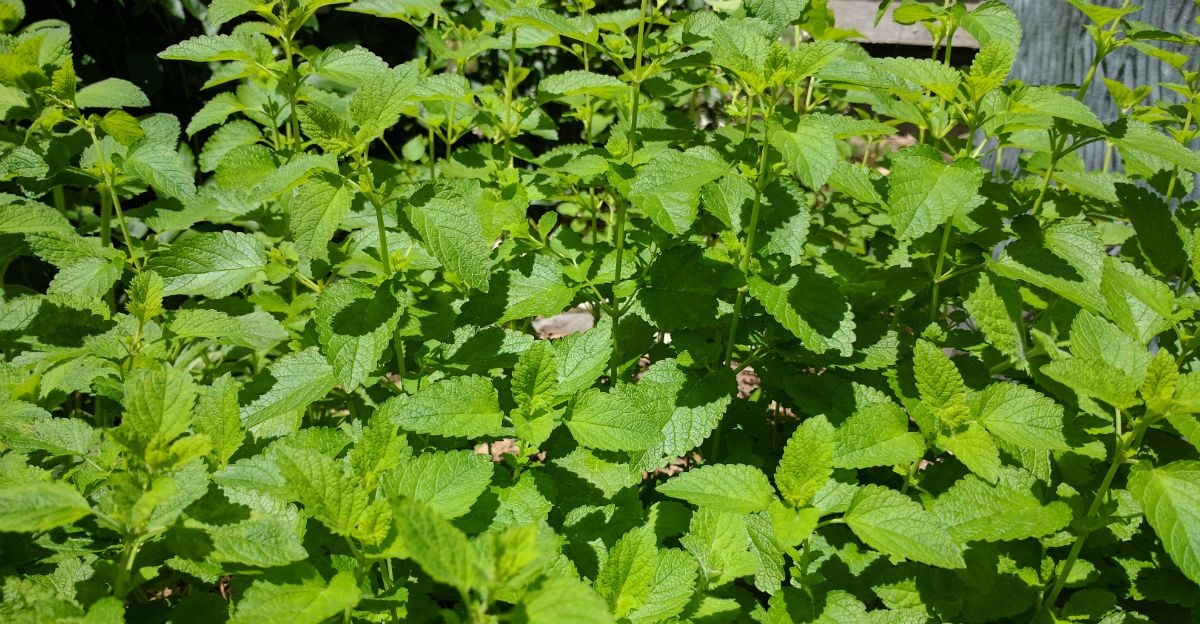Being an Innkeeper here at the Rosemont Inn allows me to to do many things I enjoy all at the same time. I love gardening and plants of every variety, but no plant is as useful and forgiving as an herb. Even if you think you have a black thumb, you can grow herbs successfully in only a tiny space.
Our herbs here at the Rosemont Inn are growing in a small corner outside our back kitchen door. It is a mostly shady/partly sunny space that is too wet in Winter and Spring and too dry in Summer and Autumn. Do the herbs mind? Not at all! The herbs planted there keep on growing and take any problems or struggles in stride.
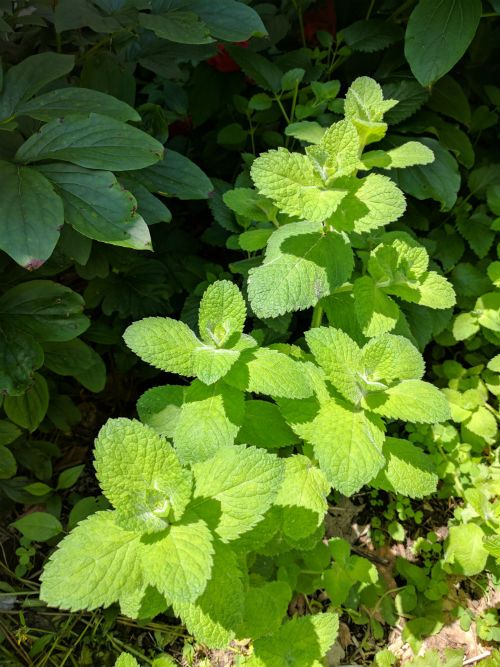
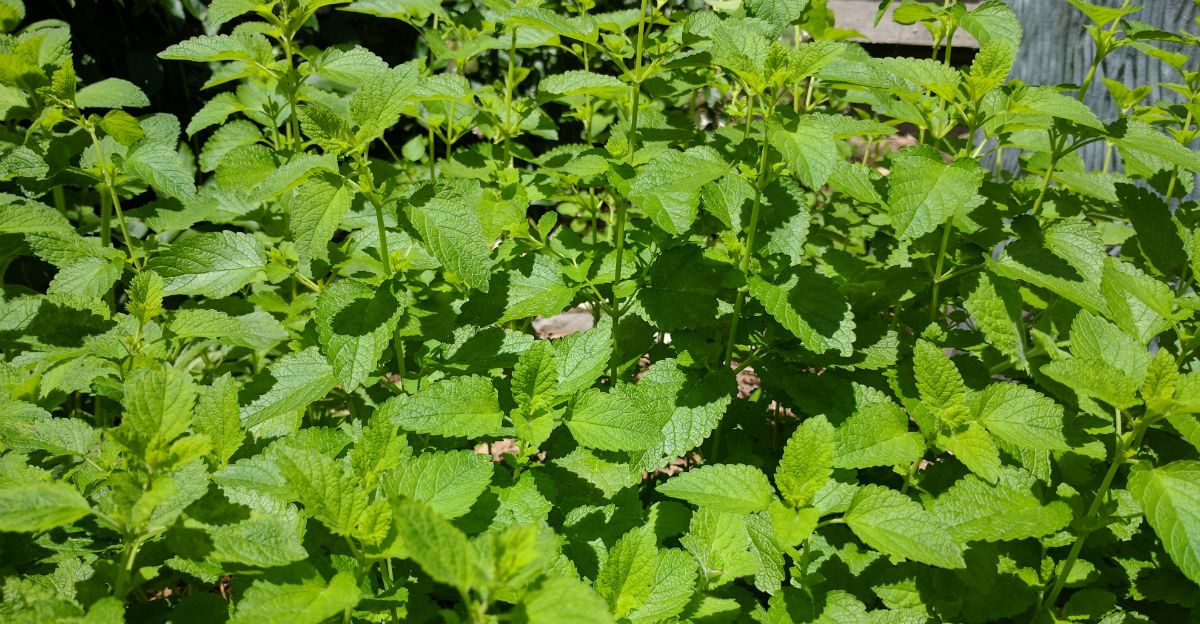
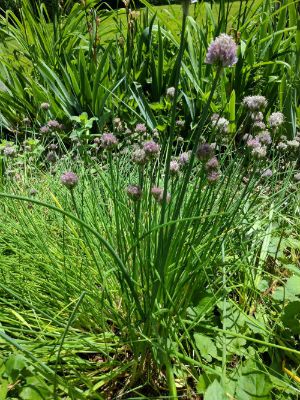
If you have stayed with us in Spring, Summer or Fall, you have enjoyed at least one of these herbs in your breakfast meal. You may have seen me or one of my children out picking the herbs since the bed borders the parking area for the Inn.
Here are some of our favorites and how to grow them.
Chives
Useful as a culinary herb as well as a beautiful addition to the garden, chives grow vigorously without much attention and spread and multiply without being overly aggressive. The strap-like leaves and purple flowers make it a beautiful addition to the flower garden. Chives are at home in any setting and can grow happily on a deck or porch in a container or blend right into the vegetable garden or formal landscape.
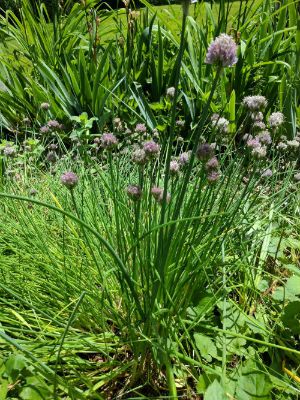
Lemon Verbena
Textured saw-toothed leaves make this a lovely addition to the vegetable or flower garden. Some plants produce yellow and green variegated leaves. Lemon verbena is an aggressive grower and will spread rapidly. It grows very happily in poor soil. It will thrive and be kept under control if grown in a large pot.
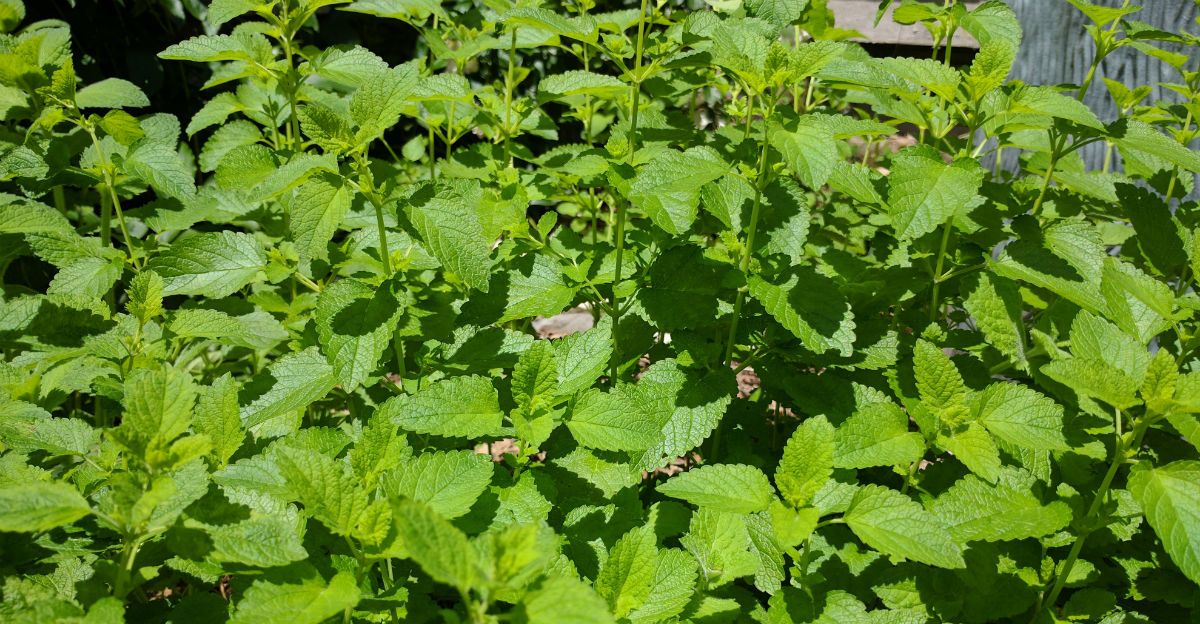
Mint
Many different flavors of mint abound, but we love our fuzzy, sage-green peppermint leaves! As much as we love our mint, it is an aggressive, invasive plant species. It spreads by underground roots, stem rooting and also seeds. Once you plant it, getting rid of it will be nearly impossible! To keep it from taking over the entire garden, it is best planted in it’s own space far away from everything else. Another excellent option is to plant mint in a container. It will grow well but will be less aggressive. Mint is a culinary marvel and that is why we put up with it’s thug-like characteristics.
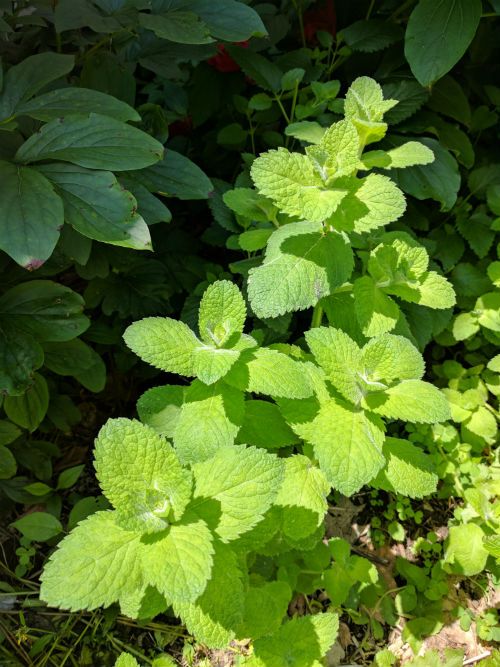
Try planting one or all three of these wonderful herbs. Spring, Summer or Fall are all good times to plant them. All you need is a small pot, window box or small corner of an existing bed. Keep an eye out for our next post featuring ways that we use these in our cooking here at the Inn.
